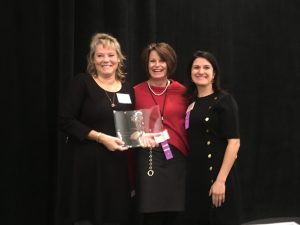Intermediate to advanced PTs, PTAs, OTs, OTAs, and SLPs passionate about strengthening their skills and treatment of children with sensory and motor challenges will not want to miss ERI’s new course “Integrated Pediatric Assessment and Evidence-based Treatment: 4 Day Intensive Focusing on Children with Sensory and Motor Challenges.”
Taught by Debra Dickson, a highly regarded NDT certified pediatric physical therapist, this eye-opening course will fundamentally change how therapists approach physical and behavioral connections and teach new strategies including a “trauma-informed” approach to successfully assess and treat clients in clinics, home programs, schools, and other environments.
With hands-on labs, this course covers a variety of topics, including:
- Primitive reflexes
- Sensory-motor connections
- Biochemical influences
- Integrated sensory systems
- Visual/Vestibular/Auditory Triad and its relation to Behavior/Attention and Learning
- Behavioral Optometry
- PTSD/Trauma/RAD Designing Trauma-Informed Treatment Plans
- SPD and Sleep Challenges: The Science and Solutions
- The challenges of the school environment
- Activities to increase attention, language, reading, writing, and self‑regulation
If you are a PT, PTA, OT, OTA, or SLP looking to take your practice to the next level, register today for “Integrated Pediatric Assessment and Evidence-based Treatment: 4 Day Intensive Focusing on Children with Sensory and Motor Challenges” taking place October 24-27 in Houston, Texas.
Space is limited, register today!



